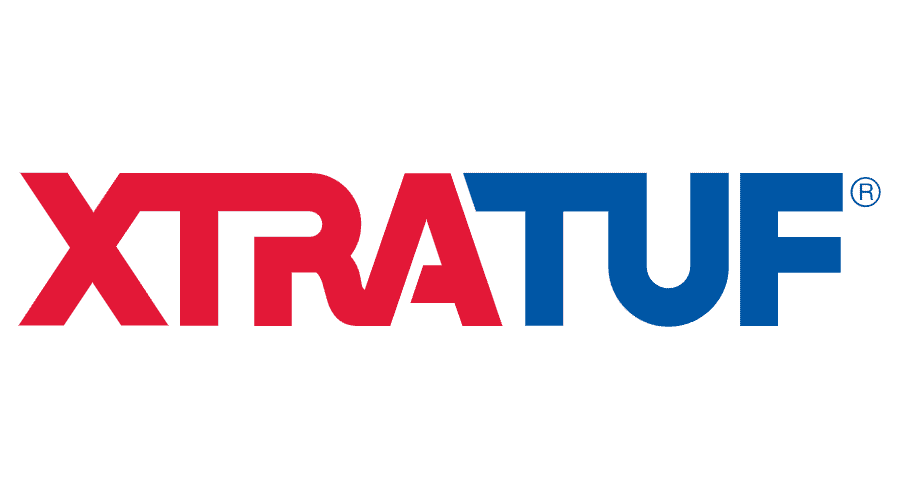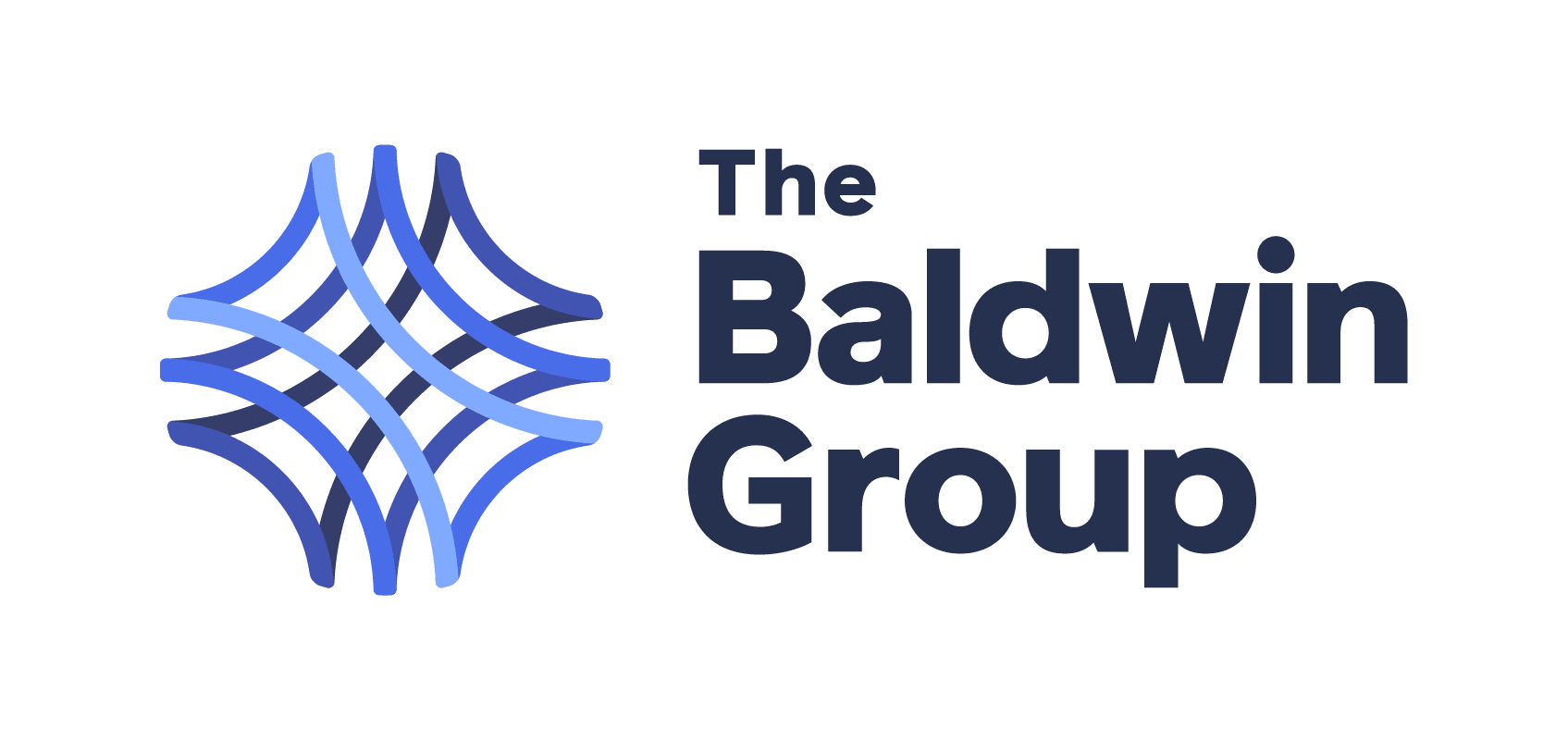Feb 27, 2024
General
Celebrating Black History Month: Meet Conrad Palmer
Tell us a little about yourself.
My name is Conrad Palmer. I grew up in Harlem, New York, and started rowing my freshman year of high school. It took a little for the sport to click, but once it did, it spread like wildfire. Through hard work and dedication, numerous doors were opened for me, including the opportunity to row at Hobart and William Smith Colleges. At Hobart, I've met amazing people like my teammate Corin Wiggins (also known as The Black Coxswain). The sport of rowing has been transformational for me; I would not be who I am without it.
What is your favorite quote, and why?
"Just keep coming back."
My coach, Paul Bugenhagen, frequently said this to my team to teach us persistence and consistency. It resonated with me because it rings true in all aspects of life. Specifically in rowing, though, it allowed me to see progress over time rather than just the present moment. This had a major impact on my outlook on the sport and allowed me to become process-driven rather than result-driven.
What impact has rowing made on your life?
During times when rowing was not built into my day-to-day schedule, I found myself being overwhelmed and struggling to complete regular activities. Rowing provides structure. It is the grand organizer in my life.
What is the essence of you?
I've always thought of myself as a leader, someone who likes to guide those around me through my experiences and knowledge. I am lucky enough to be a two-time captain at Hobart, but such a privilege does not come without its fair share of challenges. There are times when my position is very demanding of my time, effort, and energy, but luckily, I don't do it alone. I would not be able to do my job without my co-captains, Ryan Mulflur and Aidan Vanek.
Looking past leadership and focusing more on my essence, I am the type of person who likes to do the work. I do not like making excuses. I will get the job done every time.
How, if at all, does your identity play a role in shaping who you are and who you will continue to become?
Growing up as an African American in a metropolitan city made it challenging for the sport of rowing to find its way into my life, but once it found me, it stuck to me like glue. Rowing is a historically exclusive sport, but through the help of people like Arshay Cooper and pages like The Black Coxswain, it is slowly becoming more and more diverse.
Rowing competitively at programs around the country meant that I was constantly surrounded by people who didn't look like me, but I never saw that as a bad thing. I saw it more as an opportunity to stick out and show others what is possible through hard work and dedication. I saw it as a tool to help inspire the next generation of athletes who do look like me.
What is something about you or your culture you wish more people understood?
I wish more people understood the burden that comes with being an athlete in this sport. There are times when I feel like an outsider in my community because of rowing. There were times when I felt disconnected from my friends and family who don't row, because I am on a completely different path than those around me.
That feeling of being different from those I love the most was a serious challenge for me, and it made me uncomfortable at first, but I learned to overcome that discomfort and fear by talking with the people I care about. I found that to be extremely helpful.
The theme for Black History Month 2024 is African Americans and the Arts. How do you feel rowing exists as an art form?
Rowing is like a dance. You spend hours and hours each day perfecting your craft, just to show it off a couple of times a season on the racecourse. The amount of work we put into our sport is an art in and of itself, an art form that I could never get tired of.
Browse the official USRowing Black History Month Resource Guide here.























